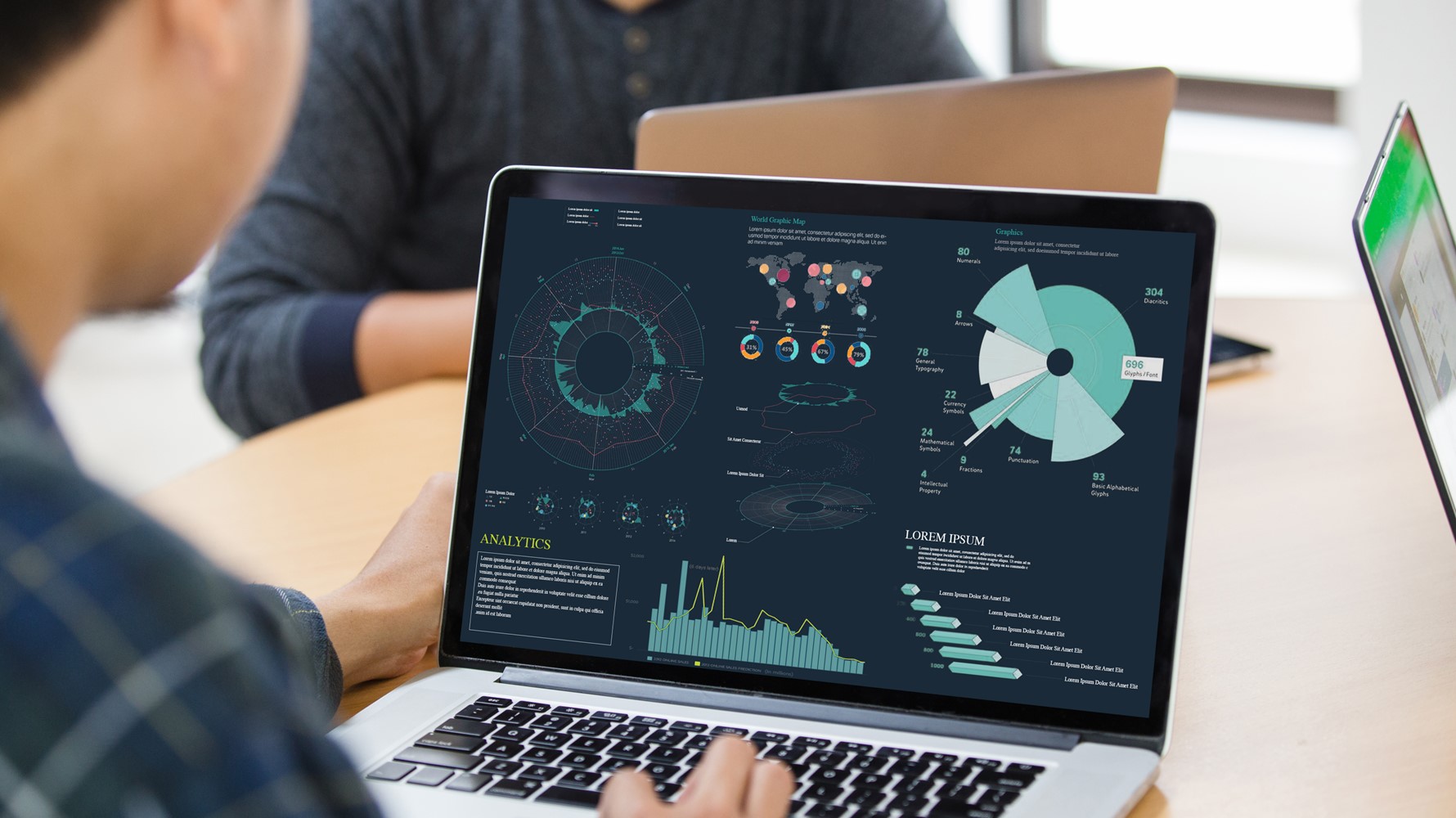In a new webinar with Thrust Carbon, we address measuring travel and meetings carbon emissions.
Business travel and meetings are like glue to global organizations, but in today's environmentally conscious world, it's crucial to consider their impact on the planet. Two thirds of CWT clients surveyed say that sustainability is more important today than it was three years ago.
In a new webinar with Thrust Carbon, the sustainability reporting firm behind $52 billions of travel spend, Charlie Sullivan, CWT’s VP Product Management, Cameron Kelly, Climate Lead, and Kit Aspen, Founder of Thrust Carbon address rising demand for measuring and reducing carbon emissions from travel and meetings activities.
Here are four learnings from the webinar:
- Grasp sustainability fundamentals
Establish a baseline for your sustainability journey
Navigate challenges in carbon emissions reporting
Take actional steps today
Traversing the complex landscape of sustainability reporting for travel and meetings can feel like solving an intricate puzzle. From seemingly similar terminology to various levels of environmental legislation and a range of carbon emissions categories, learn the fundamentals of sustainability reporting.
Every organization's sustainability journey is unique, influenced by factors like industry, size, and corporate culture. We emphasize the importance of establishing a strong baseline for measurement through accurate carbon emissions reporting and data—during what we call the “Calculate” stage. Our strong partnership with Thrust Carbon empowers our customers to embark on or advance their sustainability journey with global access to enhanced emissions data.
Numerous environmental legislations already impact how organizations measure and report their carbon footprint, with increasing scrutiny of travel-related emissions. The webinar touches on the Corporate Sustainability Reporting Directive (CSRD), which mandates large public and private listed companies in the EU and UK to disclose Scope 1, 2, and 3 emissions.
Aside from their geographical complexities, meeting these requirements can be challenging due to inconsistent carbon methodologies, inaccessible or fragmented data, and expensive processes. Best practices shared include standardizing metrics using a robust methodology, moving beyond emissions for audits and stakeholder transparency, and implementing innovative reporting software with real-time access.
Recognizing that measuring and setting sustainability goals is overwhelming with various regulations, and obstacles, we identify three actionable steps for travel managers today.
First, secure quality emissions data to accurately assess the environmental impact of your travel and meetings activities. Second, apply a best-in-class methodology to fully understand the environmental KPIs you’re reporting against. Lastly, design a comprehensive expense data strategy that aids in budgeting and understanding carbon footprint associated with different types of travel and meetings expenditure.
"It’s going to take everybody"
In closing the webinar, Charlie Sullivan, CWT’s VP Product Management reminds us that sustainability is a collective responsibility, shared by all organizations and individuals if we are to achieve a greener future, “At the end of the day, where we want to be from a climate perspective is a ‘we’ problem. It’s going to take everybody to get to where we want to be. Collaboration and engagement is going to be most critical for us to achieve our overall goals.”





